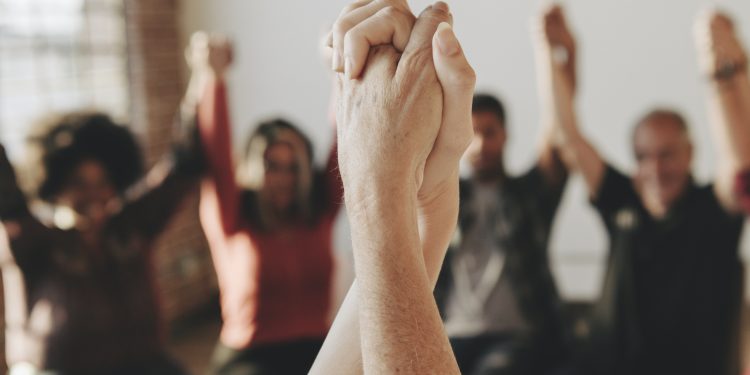Let us start today’s article with a question. What is the connection between addiction and depression? The quickest way to change the state of your mind is to change your physiology. This is why it is recommended that people exercise, eat well, get a good night’s sleep, take massages, take warm baths, etc, because they help one feel more relaxed and more energetic. However, there’s an even quicker way to change your physiology than these kinds of holistic techniques that we just mentioned and that is by abusing drugs.
These drugs affect a center in the brain that has to do with pleasure and they release a chemical called dopamine which is a feel-good chemical, and they make you feel high instantly. For example, these chemicals can be divided into two groups primarily. The first one which includes cocaine, speed, and methamphetamine is known as stimulants. They get you up and you can imagine that a person with depression would be attracted to these drugs.
Then there are opiates, alcohol, and for some people marijuana which are known as the downers. They calm people down and people with anxiety would be likely to use those types of medications. Unfortunately, they work in the short run but in the long run, they’re a major problem. That is the whole problem with any of these drugs. They are short-acting, they wear off, and then you’re worse off than when you were before. The second problem is that as you take more and more of these drugs, the brain gets used to them and you have a phenomenon called dependence or tolerance in which you need more and more of the chemical to get the same high.
This is why an addict will tell you why they spend the rest of their lives trying to chase that initial high and it’s a futile endeavor. 80% of people that suffer from addiction also suffer from mood disorders and this seems to be an ongoing cycle. A depressed individual consumes drugs thinking that it will help him somehow and it does, but when the effects wear off, they’re hit by even more depressed than they were before.
What Does the Recovery Look Like?
We think that recovery looks like 12 steps. It looks like an admission of the problem; the belief that the problem and your actions towards it can change; a willingness to accept help both from other people and to hand over your will and control; making an inventory and sharing the inventory with someone else; being willing to admit that you have problems and being willing to have those problems removed. It looks like humbly asking for those problems to be removed, a sincere commitment to change; an inventory in a process that isn’t just about self but also others, and a willingness to make amends to them. Then the final steps include remaining conscious and aware at all times; this one is optional but conscious contact with a higher power through meditation and the last is to carry the message and to serve others.
How to Prevent Relapse?
Relapse is an overly complex issue and one of the most significant issues when you’re dealing with an addictive disorder. The primary goals of preventing a relapse would be to assess the history and help them recognize the warning signs and triggers that set them up. Then develop a level of self-awareness that allows them to intervene while it’s happening and/or utilize skills that hopefully prevent it from happening at all. This is because people cannot prevent a relapse if they can’t see it coming.
The most powerful aspect of recovery is to watch yourself ask for help in complete despair when you don’t believe that you will be able to get better. Then you start to learn that there’s an actual diagnosis for what they have and therefore a specialized treatment for it. You relax, open up, lean in, and start to trust the treatment process. When you’re done with the process, you leave in a place that is miraculous because you’re happy now, you believe in your ability to get sober, and you’ve gotten an immense sense of reliving because you’ve done work that deeper than anything you’ve ever done before. You will also have other peers to connect to and relate to that will allow you to stay consistent with your process and be successful.











Discussion about this post